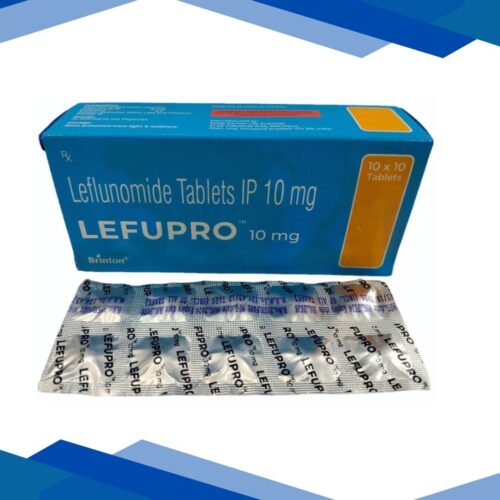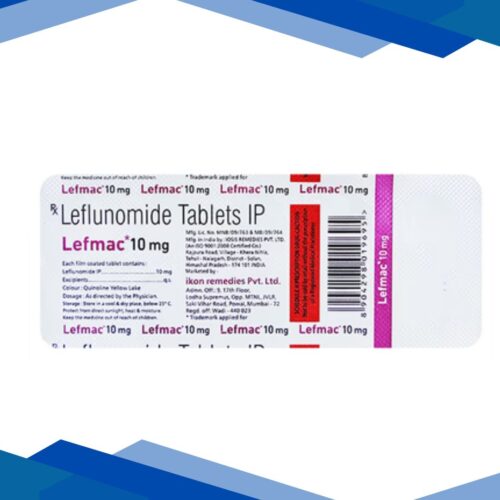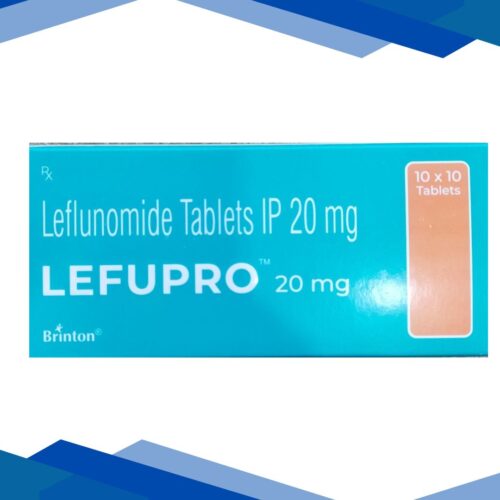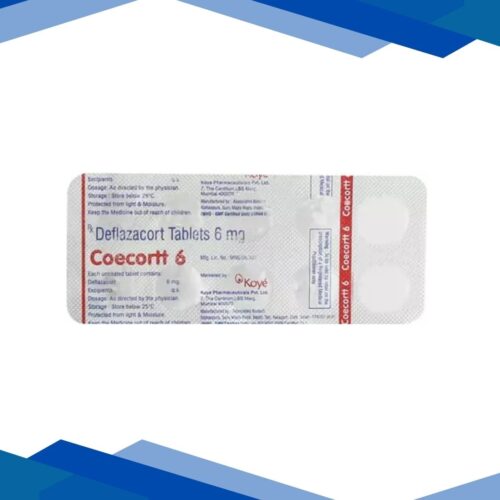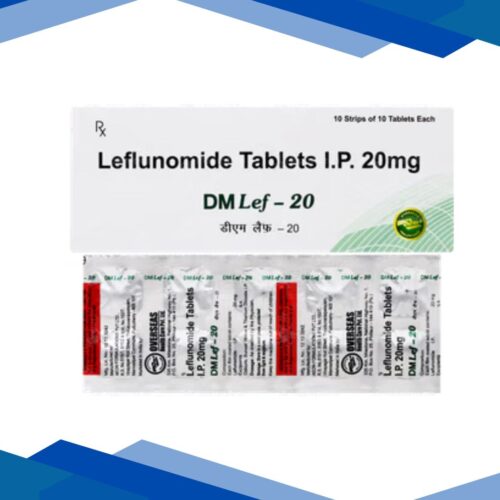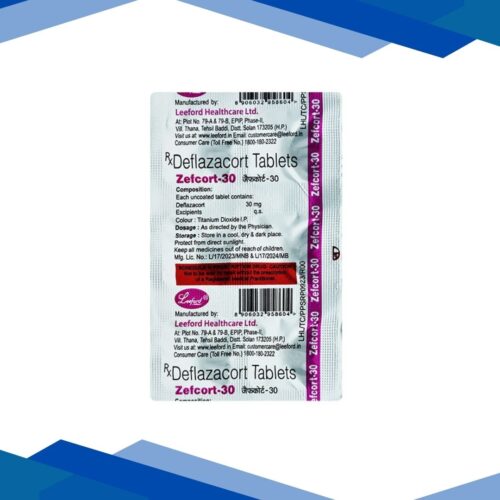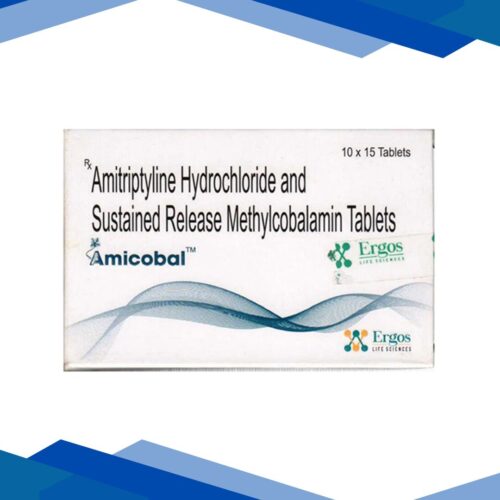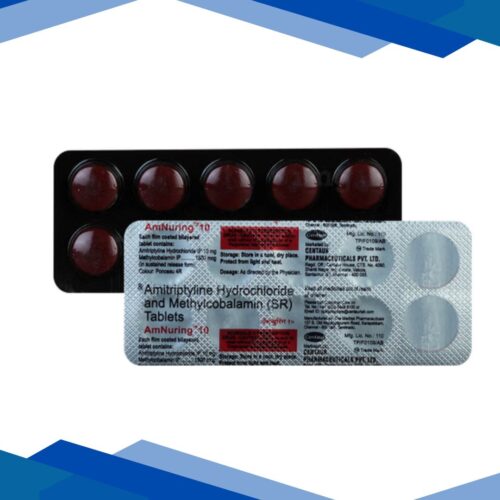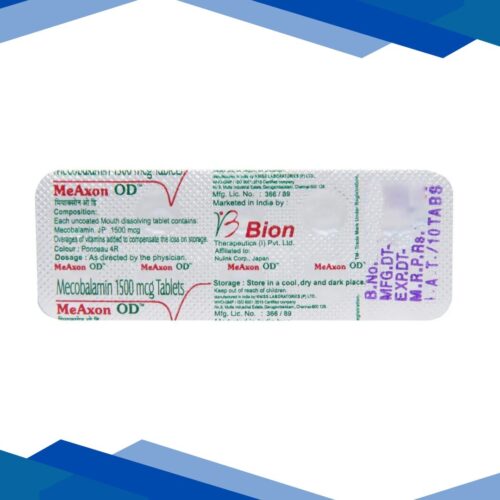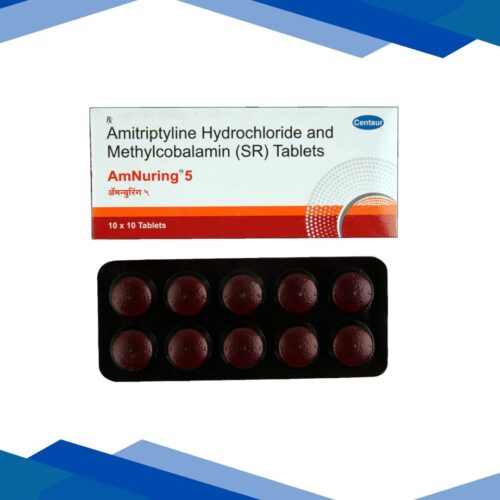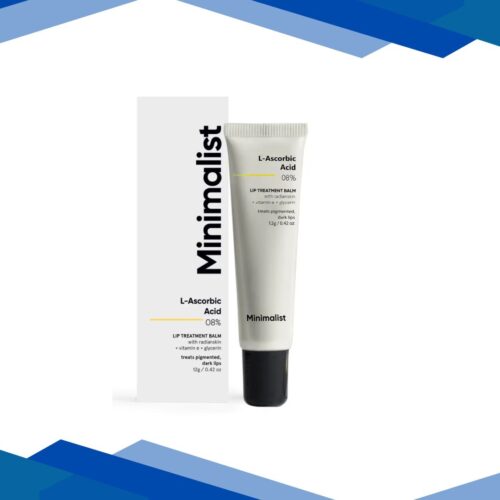Coecortt 6mg Tablet 10’S
Zecort 30mg Tablet 6’S
Aristoneurol Plus
No Prescription yet? Don’t worry! Click Here to Get Online Consultation
Why Prescription is Required?
✅ Providing Right Medicines
Prescriptions are complex documents. We proofread and recheck at various steps to provide you the right medication in the correct form and dose.
⚖️ Helps Comply with the Law
Most medicines cannot be sold without a valid prescription, as per the Drugs and Cosmetics Act, 1940 and Rules, 1945.
Book Appointment with Doctor
Aristoneurol Plus Injection is used to help growth and good health. It is used to stop or treat thiamine deficiency. For more details kindly click on Medicine Salts below:
Methylcobalamin
METHYLCOBALAMIN
Overview
Methylcobalamin is a form of Vitamin B12, a water-soluble vitamin that plays a key role in nerve health, red blood cell production, and DNA synthesis. It’s the active, bioavailable version of B12 used by your body.
Classification
Vitamin B12
Uses
Methylcobalamin is commonly used to:
Treat Vitamin B12 deficiency
Support nerve function and help with conditions like peripheral neuropathy
Manage anemia caused by low B12
Aid in recovery from neurological disorders
Provide support for overall energy and metabolism
It may also be recommended in diabetic neuropathy, sciatica, and neurological pain management.
How It Works
Methylcobalamin works by:
Replenishing low B12 levels, which is crucial for making healthy red blood cells
Helping maintain the myelin sheath, the protective layer around nerves
Assisting in methylation processes – essential for detoxification, DNA repair, and mood regulation
Supporting proper neurological and cognitive function
Unlike other forms of B12 (like cyanocobalamin), methylcobalamin is already active, so the body doesn’t need to convert it to be effective.
Dosage
As prescribed by your doctor.
Side effects
Although generally safe, some people may experience:
Mild diarrhea
Nausea
Headache
Tingling or numbness
Skin rash or itching (rarely)
Allergic reactions, though uncommon
If side effects persist or worsen, it’s best to consult a healthcare provider.
Precautions
Pregnant or breastfeeding women should only use it if prescribed
People with Leber’s disease (a rare eye condition) should avoid B12 supplements
Use cautiously if you have kidney problems or a history of allergies
Let your doctor know about all medications or supplements you’re taking to avoid interactions
Regular monitoring may be needed for long-term use
Disclaimer
This content is for informational purposes only. Always consult a healthcare provider for medical advice and proper dosage
Niacinamide
Niacinamide
Overview
Niacinamide, or nicotinamide, is a type of vitamin B3. While more research is necessary, taking niacinamide may help reduce inflammation, improve skin elasticity
CLASSIFICATION
Vitamin-B family
USES
Minimizes fine lines and wrinkles
As it stimulates collagen production, including niacinamide in skincare can help improve the elasticity and firmness of the skin, and reduce the appearance of fine lines and wrinkles. This can result in a more youthful and smoother complexion.
Improves skin barrier function
This is one of the most important uses of niacinamide. It enhances the skin’s natural barrier function, which is essential for maintaining optimal hydration levels and protecting against environmental stressors. A strengthened skin barrier leads to improved moisture retention and reduced sensitivity.
Calms inflammation
Whether you have sensitive or irritated skin, niacinamide can help soothe and calm inflammation. Niacinamide has anti-inflammatory properties that can alleviate redness, irritation, and skin conditions such as rosacea.
HOW IT WORKS
It controls the NFκB-mediated transcription of signalling molecules by inhibiting the nuclear poly (ADP-ribose) polymerase-1 (PARP-1)-inflammatory properties that can alleviate redness, irritation, and skin conditions such as rosacea.
DOSAGE
As directed by the physician
PRECAUTIONS
· Niacinamide is generally safe when taken in the right amount, especially if you follow the recommended dose for your age. But taking too much can lead to some problems.
· It can worsen allergies in some people because it increases histamine, the chemical that causes allergy symptoms like itching or sneezing.
· If you have gallbladder issues, liver problems, or stomach ulcers, it’s best to avoid niacinamide, as it may make those conditions worse.
Also, taking very high amounts over time may raise your risk of gout or liver damage. And for kids, it’s especially important not to go over the daily safe limit.
SIDE EFFECTS
· Using niacinamide on your skin is usually very safe, especially for people with healthy skin. Some people with sensitive skin might feel a bit of redness, itching, or a light burning sensation—but this is usually mild.
· When taken by mouth, niacinamide is generally well-tolerated. Your body gets rid of extra amounts through urine, so side effects are uncommon if you’re taking a normal dose.
· Some people may have mild side effects like headaches, nausea, or stomach discomfort.
· Serious side effects are rare, but can happen if you take very high doses (over 3 grams a day). These may include liver issues or high blood sugar.
Disclaimer
This content is for informational purposes only. Always consult a healthcare provider for medical advice and proper dosage
Pyridoxine
Pyridoxine
OVERVIEW
Vitamin B6 is a type of B vitamin. Pyridoxine, pyridoxal, and pyridoxamine are all forms of vitamin B6.
CLASSIFICATION
Pyridoxine is a form of B6 vitamin
USES
A rare seizure disorder that requires vitamin B6. Giving infants vitamin B6 by IV controls seizures caused by a condition called pyridoxine-dependent epilepsy. IV products can only be given by a healthcare provider.
A condition in which the body makes abnormal red blood cells that build up iron (sideroblastic anaemia). Taking vitamin B6 by mouth is effective for treating an inherited type of anaemia called sideroblastic anaemia.
Vitamin B6 deficiency. Taking vitamin B6 by mouth is effective for preventing and treating vitamin B6 deficiency.
HOW IT WORKS
pyridoxine (PN), pyridoxal (PL) and pyridoxamine (PM), and their phosphorylated derivatives, pyridoxine 5′-phosphate (PNP), pyridoxal 5′-phosphate (PLP) and pyridoxamine 5′-phosphate (PMP). Although all six of these compounds should technically be referred to as vitamin B6, the term vitamin B6 is commonly used interchangeably with just one of them, pyridoxine. Vitamin B6, principally in its biologically active coenzyme form pyridoxal 5′-phosphate, is involved in a wide range of biochemical reactions, including the metabolism of amino acids and glycogen, the synthesis of nucleic acids, hemoglobulin, sphingomyelin and other sphingolipids, and the synthesis of the neurotransmitters serotonin, dopamine, norepinephrine and gamma-aminobutyric acid (GABA)
DOSAGE
As directed by the physician
PRECAUTIONS
Vitamin B6: What You Need to Know
Taking Vitamin B6 by mouth is usually safe when used in the right amount. For most people, 100 mg or less per day is considered safe. Some people might feel mild side effects like nausea, stomach upset, headache, or loss of appetite.
If you take more than 500 mg a day, it could be risky. Very high doses — especially over 1000 mg daily — may lead to serious nerve and brain problems.
During Pregnancy
Vitamin B6 is often used safely to help with morning sickness, but only under a doctor’s guidance. Taking too much during pregnancy can be harmful and may even cause seizures in newborns.
While Breastfeeding
Vitamin B6 is safe in small amounts — about 2 mg a day. High doses should be avoided, as we don’t have enough information to know if they’re safe for nursing babies.
Special Situations
After a heart stent: Avoid using a mix of Vitamin B6, folate, and B12 after a coronary stent procedure, as it may raise the risk of blood vessels narrowing again.
After weight loss surgery: You usually don’t need extra B6 unless your doctor tells you. Taking too much can cause side effects like nausea, vomiting, and changes in skin color.
Side effects
Vitamin B6 is likely safe when used appropriately. Taking vitamin B6 in doses of 100 mg daily or less is generally considered to be safe. Vitamin B6 is possibly safe when taken in doses of 101-200 mg daily. In some people, vitamin B6 might cause nausea, stomach pain, loss of appetite, headache, and other side effects. Vitamin B6 is possibly unsafe when taken in doses of 500 mg or more daily. High doses of vitamin B6, especially 1000 mg or more daily, might cause brain and nerve problems.
Disclaimer
This content is for informational purposes only. Always consult a healthcare provider for medical advice and proper dosage
